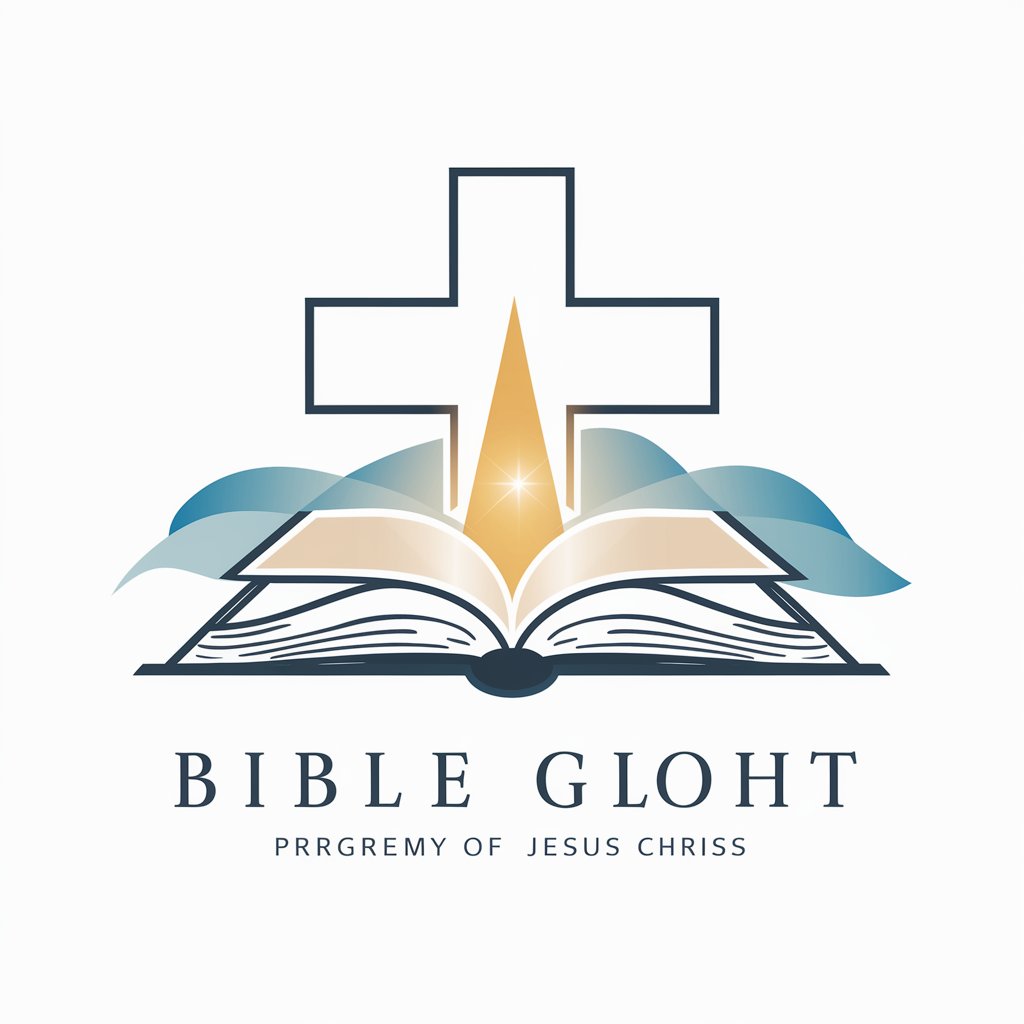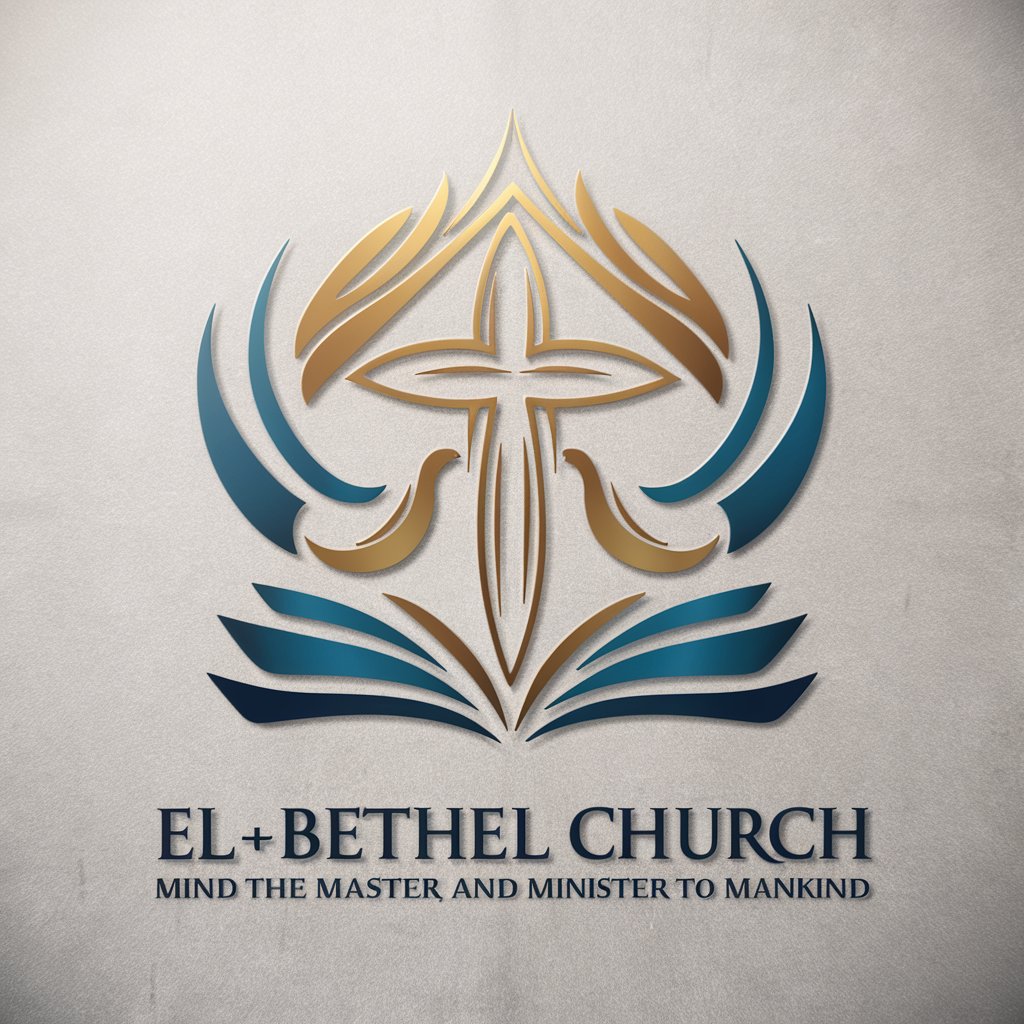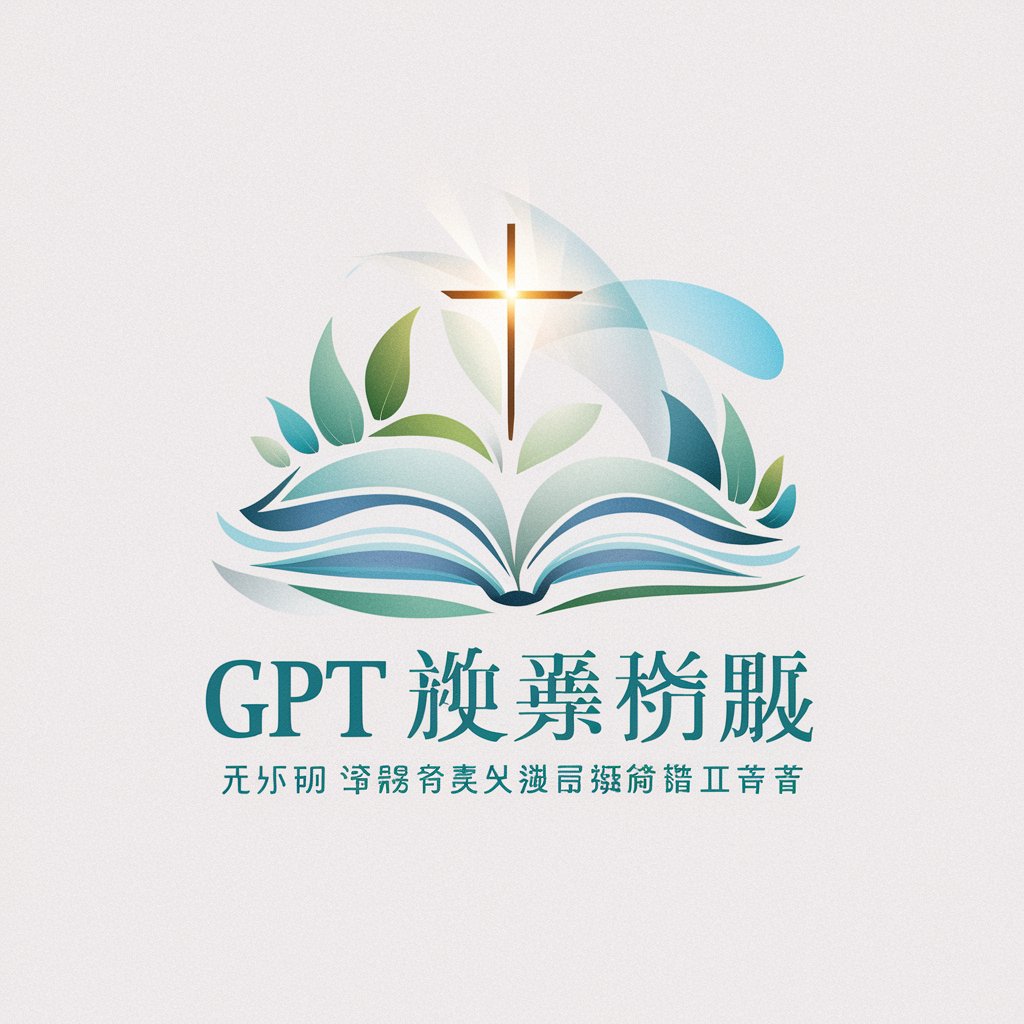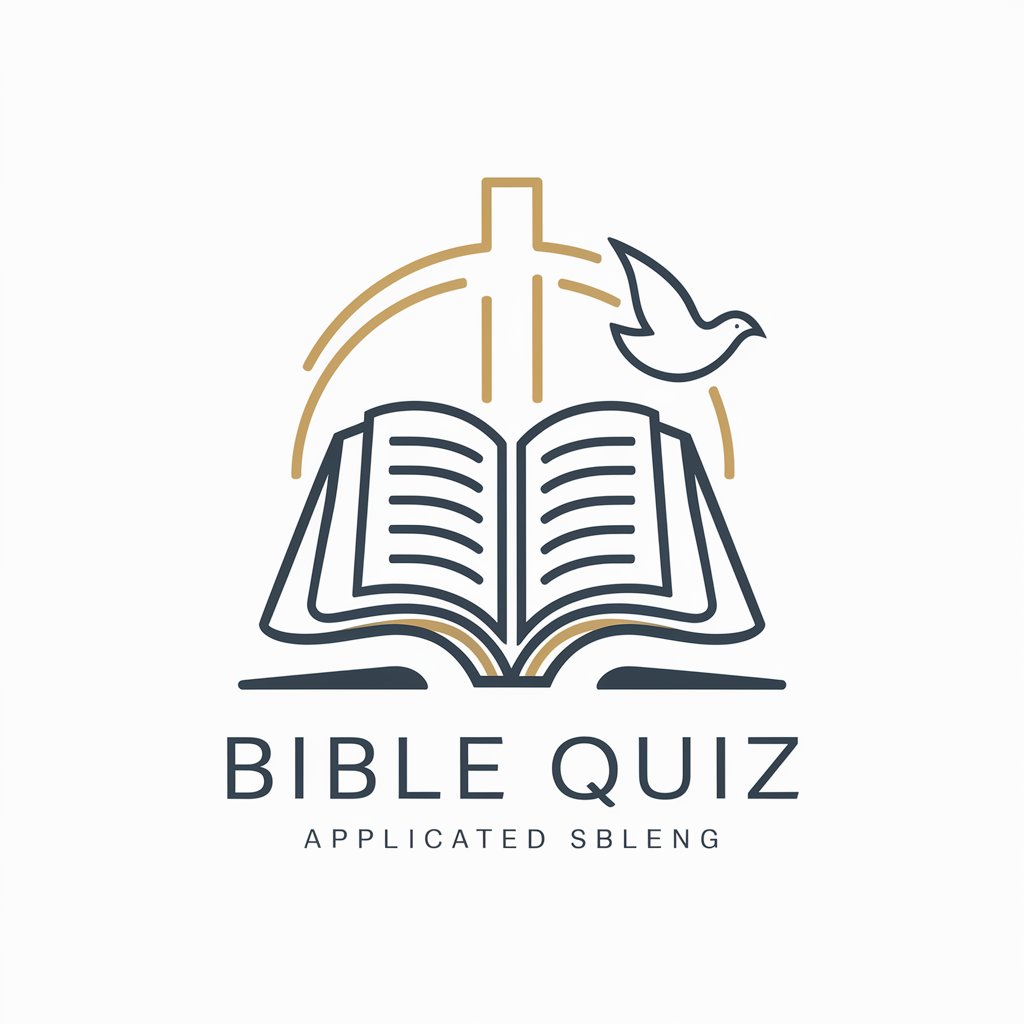7 GPTs for Faith Development Powered by AI for Free of 2025
AI GPTs for Faith Development are advanced generative pre-trained transformers designed to cater to the specific needs of faith-based communities and organizations. These tools leverage the power of AI to support and enhance various aspects of faith development, including education, spiritual growth, community engagement, and pastoral care. By analyzing and generating content relevant to faith and spirituality, these GPTs offer personalized and contextualized solutions that resonate with individuals' and groups' spiritual journeys.
Top 7 GPTs for Faith Development are: Bible Tutor 酷聖經教師,聖句紹介プログラムBible guide(2:0),Dr. Lawrence C. Glass Jr. Inspired,Biblical spiritual coach,神的鼓勵,Bible Quiz,JW Bible Picture Trivia
Bible Tutor 酷聖經教師
Deepen your faith with AI-powered scripture study.

聖句紹介プログラムBible guide(2:0)
Your AI-Powered Bible Companion

Dr. Lawrence C. Glass Jr. Inspired
Inspiring faith through AI-powered guidance

Biblical spiritual coach
Empowering faith through AI-driven biblical wisdom

神的鼓勵
Empowering Lives with Scriptural Wisdom

Bible Quiz
Explore Scripture with AI-powered quizzes

JW Bible Picture Trivia
Explore Scripture Visually and Intuitively

Essential Attributes and Functions
AI GPTs for Faith Development are equipped with a range of features tailored to the domain of spirituality and religion. Key capabilities include natural language processing for understanding and generating faith-related content, adaptability to various theological contexts, and support for multiple languages to cater to diverse faith communities. Special features may encompass scripture analysis, sermon generation, religious education materials creation, and support for spiritual counseling. These tools are designed to be flexible, supporting both simple queries and complex theological discussions.
Intended Beneficiaries of AI GPTs in Faith Development
The primary users of AI GPTs for Faith Development include religious educators, spiritual leaders, theologians, and members of faith communities seeking to deepen their spiritual understanding. These tools are accessible to individuals with no technical background, thanks to user-friendly interfaces, while also offering advanced customization options for developers and professionals within the faith sector, enabling them to tailor the AI's output to specific doctrinal or pastoral needs.
Try Our other AI GPTs tools for Free
Scripture Insight
Discover the transformative power of AI GPTs for Scripture Insight, enhancing your understanding of sacred texts with tailored analyses and insights.
Photographer Selection
Discover how AI GPTs for Photographer Selection can transform your project planning with tailored recommendations, style matching, and efficient vetting processes.
Package Comparison
Discover how AI GPTs for Package Comparison revolutionize the way we analyze and choose software packages with advanced AI technology, making informed decisions easier for everyone.
Strategic Adaptation
Discover how AI GPTs for Strategic Adaptation can transform your strategic planning with advanced insights, trend analysis, and tailored recommendations.
Automation Impact
Discover how AI GPTs for Automation Impact can revolutionize your automation processes, offering customizable, scalable, and efficient solutions across various sectors.
Guest Acquisition
Discover how AI GPTs are revolutionizing guest acquisition, offering personalized, efficient, and data-driven strategies to enhance guest engagement and retention.
Further Perspectives on Customized AI Solutions
AI GPTs for Faith Development represent a significant advancement in the intersection of technology and spirituality. They not only offer practical solutions for faith-based initiatives but also inspire innovative approaches to spiritual engagement and education. Their adaptability and the possibility of integration into existing systems make them a versatile tool for faith communities looking to embrace digital transformation.
Frequently Asked Questions
What exactly are AI GPTs for Faith Development?
They are AI-driven tools specifically designed to support and enhance the spiritual and religious experiences of individuals and communities through tailored content generation and analysis.
How can these AI tools enhance faith-based learning?
By providing customized educational content, facilitating scripture analysis, and offering insights into religious texts, thereby enriching the learning experience.
Can AI GPTs for Faith Development understand and generate content in multiple languages?
Yes, they are designed to support multiple languages, making them accessible to a global faith community.
Are these tools accessible to individuals without coding skills?
Absolutely, they feature user-friendly interfaces that require no coding knowledge for basic usage, while still offering programmability for customized applications.
How do AI GPTs ensure the doctrinal accuracy of the content they generate?
They are trained on a wide array of religious texts and supervised by experts to ensure that the generated content aligns with specific faith-based doctrines and teachings.
Can these AI tools be integrated into existing digital platforms for faith communities?
Yes, they are designed for easy integration with existing websites, apps, and digital platforms, enhancing the digital presence of faith communities.
Do AI GPTs for Faith Development offer support for spiritual counseling?
Yes, they can provide guidance and support for spiritual counseling by generating responses based on religious teachings and principles.
How do these tools adapt to different theological contexts?
They are programmable to align with specific theological perspectives and can generate content that respects the diversity within and across faith traditions.